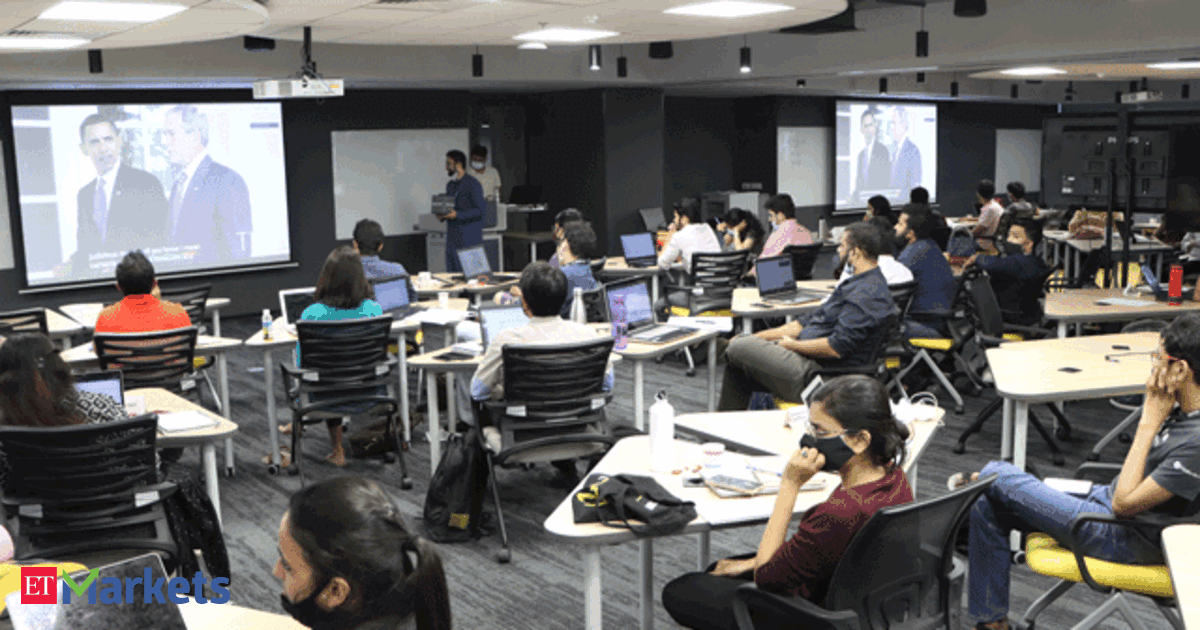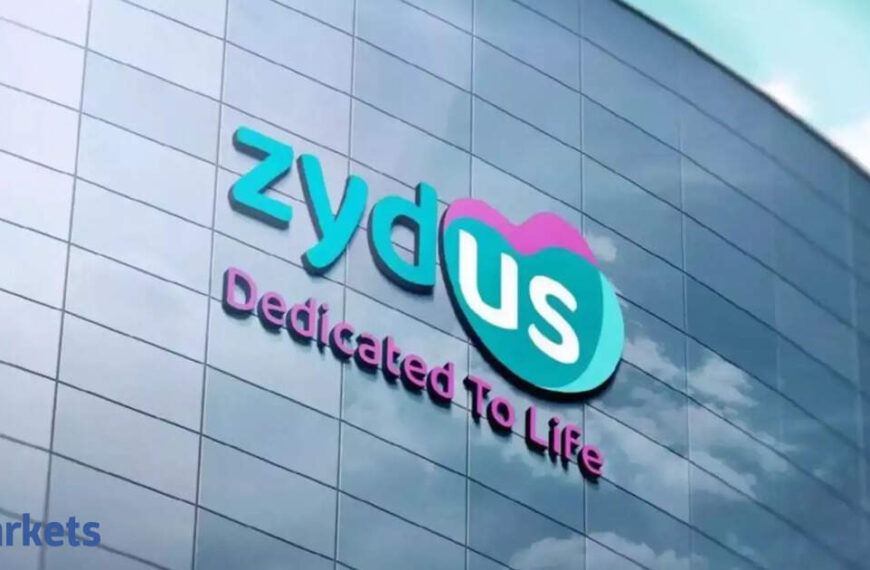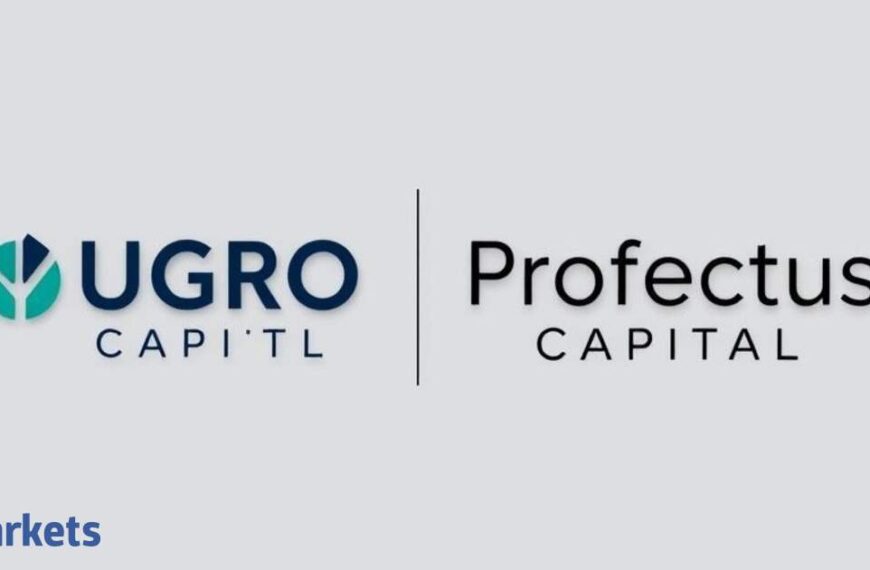Described as a pedagogical innovation, the fund will be deployed by students from the inaugural PGP-CMT cohort starting August 2025, marking the first time an Indian academic institution has entrusted learners with real capital for live trading. According to the school, the Rs 40 lakh capital pool is drawn from the larger Masters’ Union Investment Fund (MUIF) and is intended “solely for educational purposes to provide students with practical market experience under supervised academic guidance.”
8 asset classes, real exposure
Students will apply classroom concepts in real time across equities, derivatives, fixed income, commodities, currencies, and regulated digital assets, under the mentorship of seasoned professionals such as high-frequency traders, hedge fund managers, and portfolio strategists.The curriculum, developed in collaboration with industry veterans, will be delivered by more than 20 market practitioners. Notable mentors include Sanjiv Bhasin, former Director at IIFL; Siddhartha Rastogi, MD at Ambit Investment Advisor Pvt Ltd; Manoj Goel, co-founder and director at The WallStreet School; and Aman Singhania, Sr. Vice President & Head – Products at NSE Indices.
A break from simulation-based learning
The move addresses what the institute sees as a gap in India’s trading education landscape. “India’s trading education ecosystem is currently fragmented, dominated by influencers and self-taught investors with little formal grounding,” said Sanjiv Bhasin, who is also part of the programme’s core team.“This initiative marks a significant shift by bringing institutional structure and ethical discipline into an otherwise chaotic learning space. It’s not about tips or momentum chasing, it’s about understanding markets, risk, and strategy. In my view, this is how the next generation of traders should be trained,” said Bhasin.In addition to active trading, the programme also incorporates a simulated Wealth Management Challenge, designed to teach students how to construct and manage compliant advisory models without handling external funds.
The institute has clarified that the initiative does not constitute a collective investment scheme and is not intended to provide financial services. “The Rs 40 lakh student-managed trading fund is an internal pedagogical tool solely owned and operated by the Masters’ Union and does not involve or manage any external or third-party capital,” according to a statement.
(Disclaimer: Recommendations, suggestions, views and opinions given by the experts are their own. These do not represent the views of Economic Times)
















